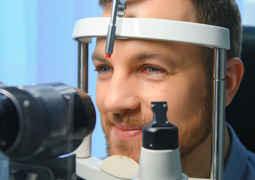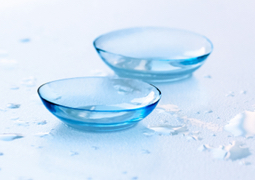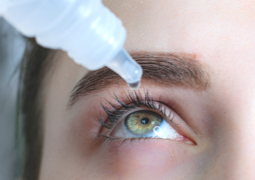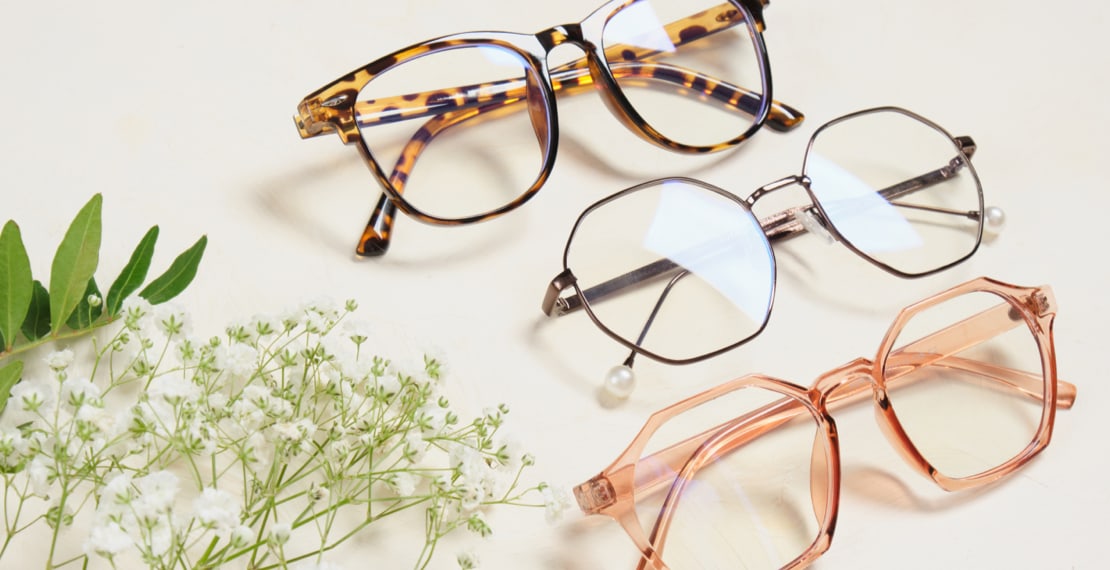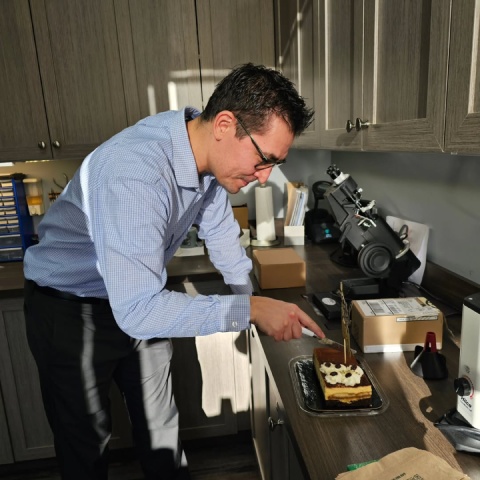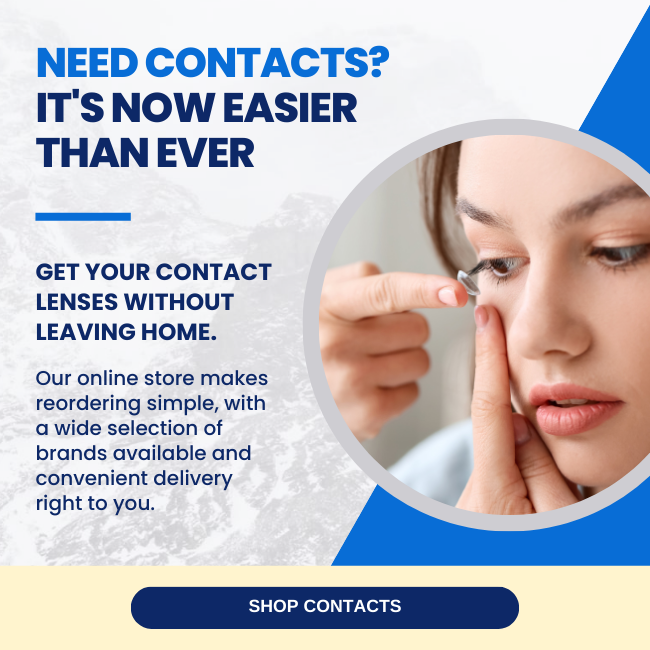Contact lenses are a popular option for vision correction; many people prefer them to glasses. Contact lenses do have several benefits, such as being able to wear non-prescription sunglasses and having better peripheral vision. However, contact lenses are a medical device that sit on your eye (they sit on a layer of tear fluid on your cornea), which means that they’re not without risks.
It’s easy to become complacent about eye health and proper contact lens care. Here are ten important things to remember when wearing contact lenses.
1. Follow the wear schedule determined by your Optometrist.
Most people wear soft contact lenses, and there are a variety of soft lenses that can be worn. These are usually categorized by wear schedule, typically dailies, biweeklies, or monthlies. For the most part, dailies are meant to be replaced every day, biweeklies are replaced every two weeks, and monthlies are replaced every thirty days. However, your Optometrist may have you on a modified wear schedule. It’s important to follow the schedule that your Optometrist gives you.
2. Follow the care instructions given to you by your Optometrist.
Keeping your contact lenses properly cleaned lowers the chances of your eyes becoming irritated or infected. Also make sure to read the patient information that comes with your contact lenses.
3. Keep your contacts away from water.
Water and contact lenses don’t mix. In fact, exposing contacts to water can increase the chances of your contacts becoming contaminated with Acanthamoeba organisms, which can cause corneal ulcers.
4. Clean your contacts with the proper contact lens solution.
Never clean your contacts with saliva or water. Make sure to use fresh solution when storing your contacts. As well, use the contact lens solution recommended by your Optometrist; if you find that the solution irritates your eyes, speak with your Optometrist – don’t switch solution on your own.
5. Don’t sleep in your contacts.
Contact lenses aren’t meant to be slept in, and this increases the risk of corneal ulcers or other eye health issues (including infections). If you have extended-wear contacts (the only contacts currently licensed for overnight use), please remember that wearing your contacts for an extended period of time – including overnight – increases your risk of eye infections.
6. Wash your hands thoroughly before handling your contacts.
Make sure to use soap and water, and dry your hands well. This helps prevent contaminating your contacts with dirt and bacteria from your hands.
7. Don’t share your contacts.
Like glasses, contact lenses are personalized, but even more so since they sit directly on your eye. Your Optometrist has made sure to give you contact lenses that work specifically for you. As well, for health and hygiene purposes, it’s best not to share your contacts with anyone else (especially if it’s a pair you’ve already worn or will wear again).
8. You still need to wear sunglasses or eye protection.
While there are UV-blocking contacts available, they’ll only protect your cornea, leaving the rest of your eye unprotected. It’s still important to wear sunglasses with full UV protection. As well, remember to wear proper eye protection when playing sports or doing any activity that leaves your eyes unprotected.
9. Remove your contacts if your eyes become red, irritated, or infected.
Call your Optometrist as soon as possible, and don’t wear your contacts until the redness/irritation or infection has cleared up.
10. Visit your Optometrist every year for an eye health exam.
Remember, contact lenses are medical devices that sit on your eye. It’s really important to see your Optometrist yearly to make sure that your eyes are healthy, especially when wearing contacts. Your Optometrist will also make sure that the contacts you’re wearing are still the best ones for you. And, of course, if your prescription has changed, you can get everything updated at your yearly appointment.
Contact lenses are a great option, but they shouldn’t just be worn and forgotten about. It’s important to wear them properly, and to take proper care of them. After all, no one wants corneal ulcers.
If you have any questions about contact lenses, contact us. We’re happy to help!



